Business Exit/Transition Planning
Regardless of our long-term plans, there will come a point when we will exit our business. For definition purposes, let’s define this terminology:
Bing Dictionary: ex·it strat·e·gy
Method of extrication: a usually preplanned way of extricating yourself from what may prove to be a difficult or compromising situation.
That’s an accurate summary for a remodeling company owner. But there is another description that’s more appropriate – deferred compensation. It’s converting your life’s work into a solid future cash flow. For most business owners, this business transition will come as a result of planning and at a time of the owner’s choosing. For some, however, it will come as an unexpected event due to an accident, illness, or disability. While every remodeling owner knows that the time will come when they will exit their business, most have done little, if any, planning for that eventual event.
It’s easy to look several years down the road and think that business exit and transition planning is not a priority. The common sentiment is that you can do that later. The issue I see with most contractors is that they never start this transition planning. As such, they are risking their biggest investment.
“The issue I see with most contractors is that they never start this transition planning. As such, they are risking their biggest investment.”
For most remodelers, that owner has the majority of their funds invested in one thing – their business. The question becomes how to convert this lifetime of work into a successful retirement (whatever that might look like).
There is no blueprint to do this. This is not a boilerplate process. It is anything but. Exit/transition planning:
Takes time
Requires a project manager
Requires a professional team
Is a unique process – not event-oriented
It supports good business decisions/strategic thinking
Like starting a new business, with exit and transition planning, you are creating a plan. You begin with the simple question of where are you now, and where you want to be at some point in the future:
How much longer do you want to work in your business before retiring, moving on, OR standing pat (holding onto your business along with a steady income stream)? ____years
What is the annual after-tax income do you want during retirement (in today’s dollars)? $____.
To answer the question above, you may need to define retirement and what that means to you:
You want a new challenge in your life. You are ready to move on and engage with something else that may also fulfill your needs as your previous business had done
Or, you want a choice – instead of working 45 to 60 hours a week, you want to work 15 to 20 hours a week, managing key employees with a greatly reduced workload
You are building a new business model, but this one is called retirement and you get to decide what that looks like. Whether you want to retire in 5 years or in 25 years, you need to begin to address this transition plan because the time might come when you don’t have the time or ability to design this plan. Necessity may force your hand. As such, beginning to understand the key steps in a business transition strategy will fine-tune your thinking, helping you make good strategic decisions.
I once read an interview with Michael Gerber. Michael Gerber assists business owners with putting effective business systems in place. When asked what he saw in the most successful businesses, he said they all knew their exit strategy when they started their new business. They began with the end in mind. They understood that their business was a means to an end and not an end in itself.
To begin this transition process, you will need to build a team. This is not a time to be the Lone Ranger. You will need to build a “transition team” including:
CPA
Estate and financial planning
A business transaction attorney
A business broker or acquisition advisor
They will guide you through the hard questions about your business, such as:
Is it best to sell my business or transition to family members or key employees?
How would I sell my business…and to whom?
How do I prepare my business for sale?
When is the best time to sell?
What is my business worth?
This is your life’s work. You have created lasting relationships not only with past customers but with employees, trade contractors, and suppliers. These enduring relationships have value. Don’t let that value just disappear. Transfer your life’s work. Everyone will benefit – you, your buyer, your employees, trade contractors, suppliers, and your past customers. That’s a win-win transaction.
This conversation is at the core of any successful business exit and transfer. To learn more about this process, please get in touch with me at david@remodelforce.com or visit my website to learn more.

